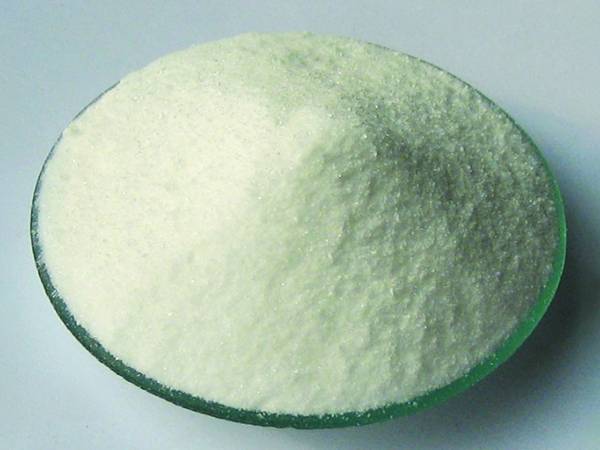



barium sulfate factory
Barium Sulfate Factory An Overview of Production and Applications
Barium sulfate (BaSO₄) is a chemical compound that has gained significant importance in various industries due to its unique properties. It is a white, odorless powder that is insoluble in water and has a high density, making it ideal for several applications, including in the oil and gas industry, paints, plastics, and pharmaceuticals. The manufacturing of barium sulfate has become a crucial activity, leading to the establishment of specialized factories dedicated to its production.
A barium sulfate factory typically incorporates advanced technology and strict quality control measures to ensure the production of high-quality products. The manufacturing process begins with the extraction of barium carbonate, which is derived from natural barium-containing minerals such as barite. The barium carbonate is then reacted with sulfuric acid, which results in the precipitation of barium sulfate. This reaction not only yields the desired compound but also highlights the importance of safety and environmental controls in handling reactive chemicals.
The production facilities must adhere to stringent safety regulations to protect workers and the environment. For instance, proper ventilation systems are essential to mitigate the inhalation risks posed by dust generated during the manufacturing process. Moreover, waste management practices are implemented to ensure that any byproducts do not adversely affect the surroundings. The commitment to sustainable practices is becoming increasingly important as regulatory requirements grow tighter and public awareness of environmental issues increases.
barium sulfate factory

Once produced, barium sulfate is subject to various processes, including drying, milling, and surface treatment, to enhance its properties for specific applications. The use of advanced milling technologies allows for the production of fine particles, which can improve the performance of the material in end-use applications. For example, in the paint industry, barium sulfate is used as a pigment and a filler, enhancing the durability and opacity of paints without affecting their color.
In the oil and gas industry, barium sulfate is widely utilized as a weighting agent in drilling fluids. Its high specific gravity helps to control pressure in the wellbore and prevents blowouts, thereby aiding in the safe extraction of resources. Additionally, its inert nature ensures that it does not react negatively with other components in the drilling fluid, making it an effective choice for maintaining stability in challenging conditions.
The pharmaceutical industry also benefits from barium sulfate, particularly in medical imaging. It is commonly used as a contrast agent for X-rays and CT scans, allowing for clearer images of the gastrointestinal tract. This application underscores the compound's biocompatibility and safety, which are crucial considerations when developing medical materials.
In conclusion, the barium sulfate factory is a pivotal establishment that plays a significant role in supplying a versatile compound used across various sectors. Through the application of modern manufacturing techniques and adherence to safety and environmental standards, these factories not only contribute to economic growth but also ensure the sustainability of their practices. As the demand for barium sulfate continues to rise, particularly in emerging markets, the importance of these factories will only increase, driving innovation and efficiency in their operational processes. This robust foundation sets the stage for the continued evolution of barium sulfate applications in diverse industries.
-
Why Sodium Persulfate Is Everywhere NowNewsJul.07,2025
-
Why Polyacrylamide Is in High DemandNewsJul.07,2025
-
Understanding Paint Chemicals and Their ApplicationsNewsJul.07,2025
-
Smart Use Of Mining ChemicalsNewsJul.07,2025
-
Practical Uses of Potassium MonopersulfateNewsJul.07,2025
-
Agrochemicals In Real FarmingNewsJul.07,2025
-
Sodium Chlorite Hot UsesNewsJul.01,2025










